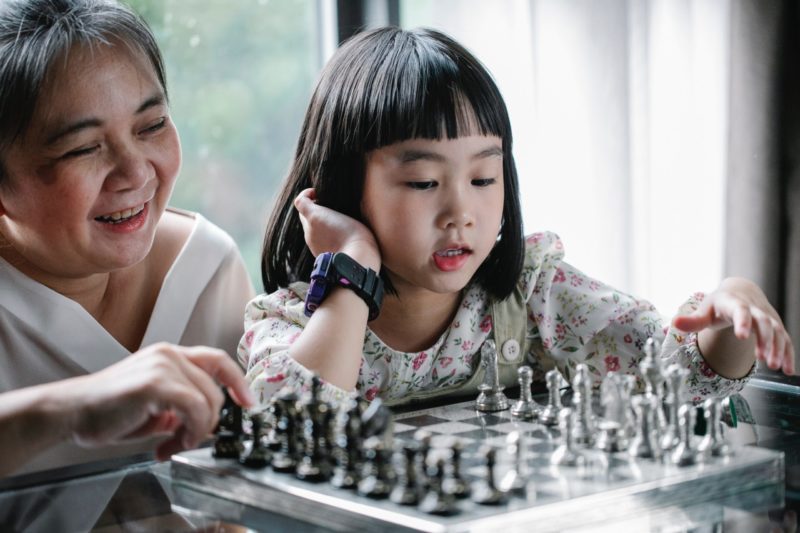My first post on this topic may have seemed a bit alarmist to you. So many terrible things can happen to us if we don’t get enough sleep. Scary stuff, indeed. I’m thinking that, if you’re reading this, you’re hoping to avoid all of those dreaded consequences, yes? That’s why I’m planning on sharing the latest research that explains the benefits of getting good sleep, especially as we age.
You will learn, as the renowned sleep expert Matthew Walker claims, that …
“Sleep isn’t simply just another pillar of health, it is the foundation upon which all of the others sit.”
What benefits do we reap while we are sleeping?
There are so many bodily processes that need to occur every day, if we are to remain in good health. These occur only when we are asleep! Yes, you got that right: if we are not sleeping enough, necessary processes do not happen. Hmmm, what could go wrong?
All the benefits on these lists should occur every night during sleep:
(i) In our brains:
- Memory formation and consolidation 1Sleep and Memory: How They Work Together
- Cleansing and detoxification of the brain’s activity from the day 2Scientific American, Volume 313, Issue 4
- Dreaming 3https://greatergood.berkeley.edu/article/item/why_your_brain_needs_to_dream
- Our brains save all the learning that was done during the day. It gets transferred from short-term storage, essentially, into long-term storage, to be used in the future, when we need to call upon it.
- Our brains prepare for the next day’s learning. With adequate sleep, we can learn new things at our highest capacity, on the day after we get a good night’s sleep. 4Walker, M and Stickgold, R (2006). “Sleep, Memory, and Plasticity.” Annual Review of Psychology 57(1): 139-166.
You’re following, yes? All of that means is that if we don’t get enough sleep, our memory will suffer. On the other hand, if we do sleep well, we are able to improve our ability to remember what we need to.
Is there anyone here who does not want that improvement?
(ii) In the rest of our body:
- We build resistance to illness. 5Irwin, M. et al. (1994). “Partial sleep deprivation reduces natural killer cell activity in humans.” Psychosomatic Medicine 56(6): 493-4986https://jamanetwork.com/journals/jamainternalmedicine/fullarticle/414701
- Our hearts become less susceptible to damage. 7Sandhu, A., Seth, M., Gurm H.S (2014) “Daylight savings time and myocardial infarction.” Open Heart 1:e000019.
- Our blood pressure, heart rate and metabolic rate drop by 10-20%, getting a much-needed break.
- All of our cells and organs are controlled by an internal clock, which syncs with the “Master Clock” in the brain (It’s actually called, I kid you not, the suprachiasmatic nucleus)8 Generation of circadian rhythms in the suprachiasmatic nucleus
- This Master Clock relies on light in our environment in order to do its job.
- This means that it needs to know what time it is, essentially, in order to know what functions in the body to turn on or off.
- All of our organs are set to perform their functions according to their unique circadian rhythms —another name for this process which relies on light to function.
(iii) Do you see where this is going? Spoiler alert: it’s not good.
- There is simply too much artificial light in our modern world.
- And it comes on at the worst times.
When the lights are on at night, this results in our Master Clock thinking that it’s daytime when it is not.
Think “shift work”. People on shift work have rates of cancer four-to-five-fold higher than the average population. They are also at higher risk for diabetes and obesity.
(iv) This last point is key:
If we are on computers or our phones at night, or if we are reading with the lights on at night, or if we’re watching TV at night? Well, we might as well be working the night shift. Hey, it usually comes with overtime pay.
So we are living as though we have perpetual jet lag. When those lights are on late at night, we are not letting our bodies do what they are intended to do.
Why did we not know this, you may ask? I find it amusing that our grandmothers appeared to know all about it, even though there was no science to back it up when they were alive. In fact, all of this information is based on very new research, so even we couldn’t have learned it in science class, even if we had actually been paying attention…
We have learned about the (many!) good things that should be happening when we sleep. Our next step will be to figure out how to allow those good things to happen — even while we enjoy the trappings of our 21st century lives. We will not have to go back to life without electricity!
There will be some sensible solutions to this very modern problem. In my next post.
References:
- 1
- 2
- 3
- 4
- 5
- 6
- 7
- 8
- 1
- 2
- 3
- 4
- 5
- 6
- 7
- 8




